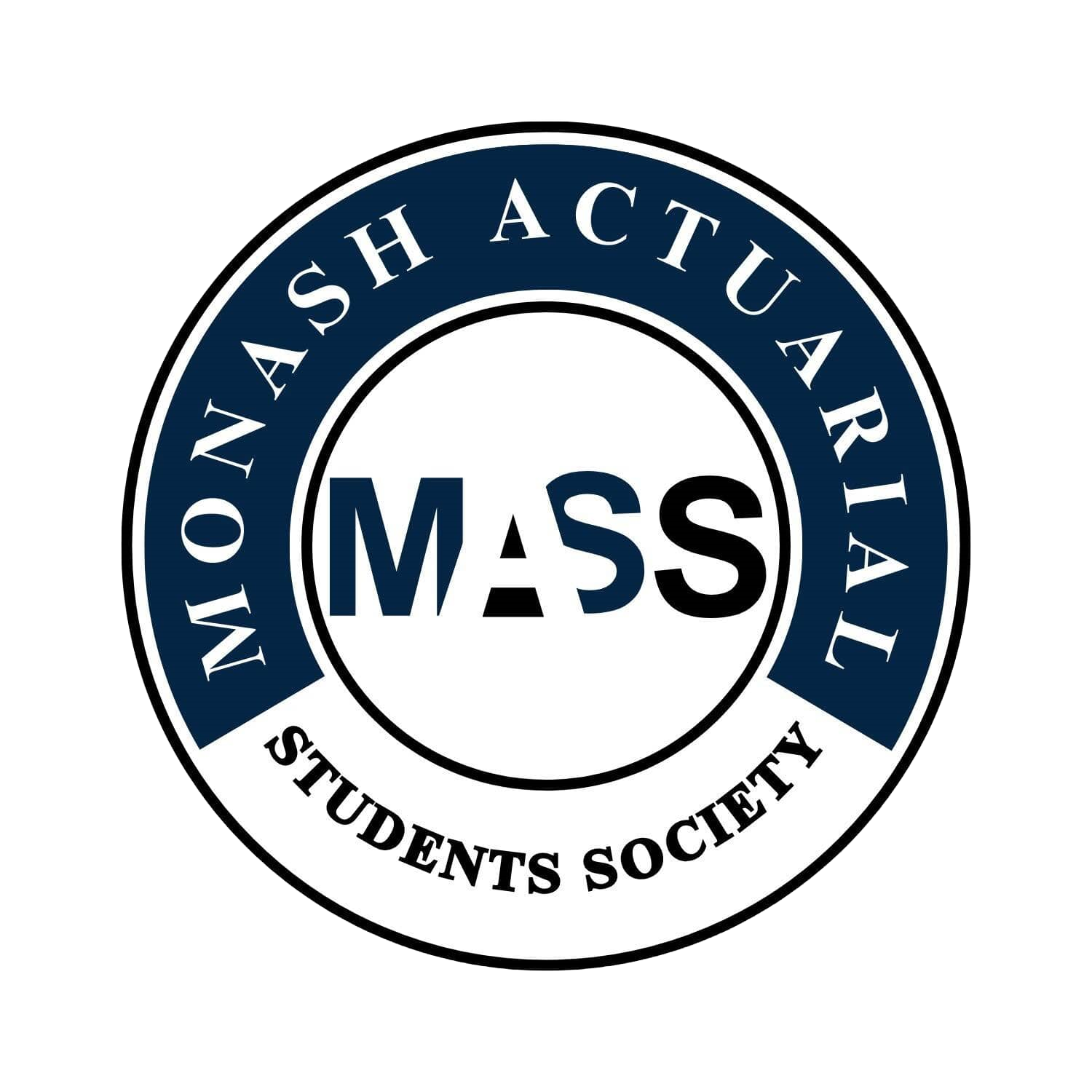ETC3550 / ETC5550 Applied Forecasting
Difficulty:
Year Completed: Semester 1, 2020
Prerequisite: ETC2410 or ETC2420
(or ETC3440, or ETF2100, or ETW2510)
Exemption:
CS2 Risk Modelling and Survival Analysis
ETC2420 (10%), ETC3420 (20%), ETC3430 (50%), ETC3550 (20%)
Weighted average of 70% required. Minimum of 60% required for each unit.
Mean Setu Score: 94.6%
Clarity of Learning Outcomes: 94.8%
Clarity of Assessments: 92.6%
Feedback: 91%
Resources: 95%
Engagement: 96.4%
Satisfaction: 95.8%
Subject Content:
Lecture(s) and Tutorial(s):
Textbook(s):
Assessments:
This unit covered an introduction to forecasting and R, seasonal
adjustments and decompositions, exponential smoothing,
ARIMA models, multiple regression and forecasting, dynamic
regression and advanced methods.
1 x 2 hour lecture
1 x 1 hour tutorial
Forecasting: Principles and Practice - Free and very useful. Not
compulsory for reading but tutorial questions come from the
textbook. The textbook contains well written content, examples,
and R codes to follow, and is very useful for revision after lectures.
Weekly Assignment 2 x 10%
Retail Forecast Project 20%
Final Exam (3 hours) 60%
Comments
This unit is one of the best units offered in Monash. The lecturer
Rob Hyndman and tutors were very helpful and responsive. The
content and R code is extremely practical and easy to follow.
The lectures must be watched as they contain examples and
solutions to questions and the R code that needs to be used.
Content is delivered very well with mostly real-life examples that
are clear. Lectures were very engaging. It is also a good place for
questions as Rob can demonstrate the solutions live.
Tutorials are not compulsory but are good to attend. No
preparation is needed except for having watched the previous
lecture. Tutorials do not cover new content but do cover more
questions and solutions to them and therefore new code that
might be useful. They focus on practical examples of R
programming and problem solving. Tutorial contents are based
on the lecture and questions are taken from the book. Most of the
tutorial is independent group work on the questions and tutors
giving advice on how to approach them. They are extremely
helpful in learning R syntax and consolidating the lecture
material. However, the tutorials can feel a little short and often
not all questions can be attempted. The solutions and code for
each question are posted after tutorials.
Weekly Assignments: - 10 short assignments that generally
require short R code or analysis. Leniently marked and easy to
achieve full marks.
Retail Forecast Project: - Individual forecasting report based on
random retail data to be analysed using R. Straightforward but as
it is random the answers might not be what you expect. A good
understanding of course material and R is required. There was
generous help given by tutors especially on R programming. It was
a very practical assignment.
The exam was moderately difficult and fair. It was not very
mathematics heavy, but more analytical with only theory and no R
component. Practice exams were provided and reflected the
actual exam quite well.
A unit worthy to be your elective if you have the space.
General Overview:
Lectures:
Tutorials:
Assessments/Other Assessments
Concluding Remarks

